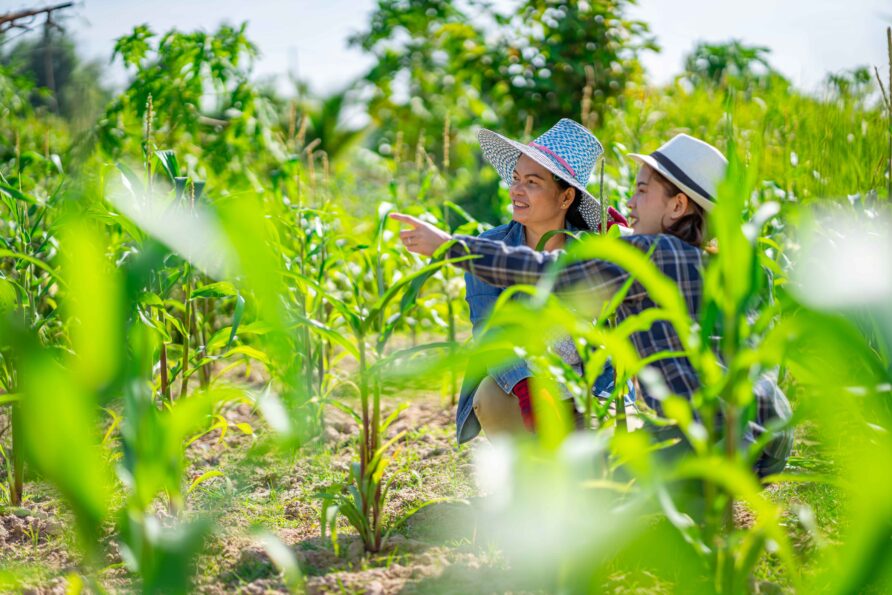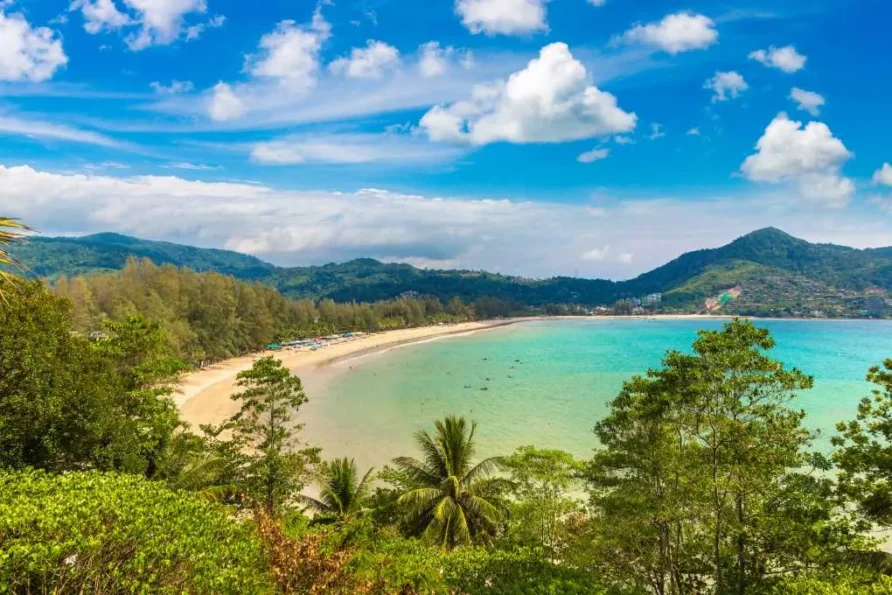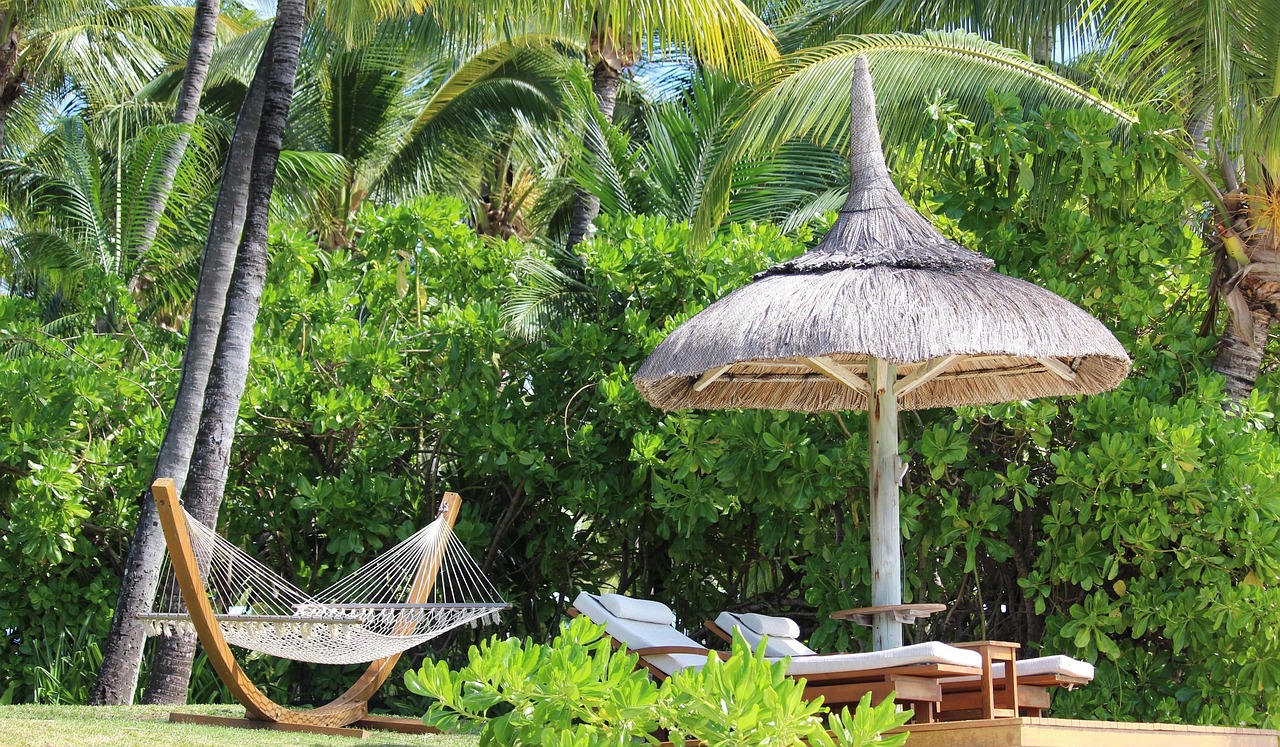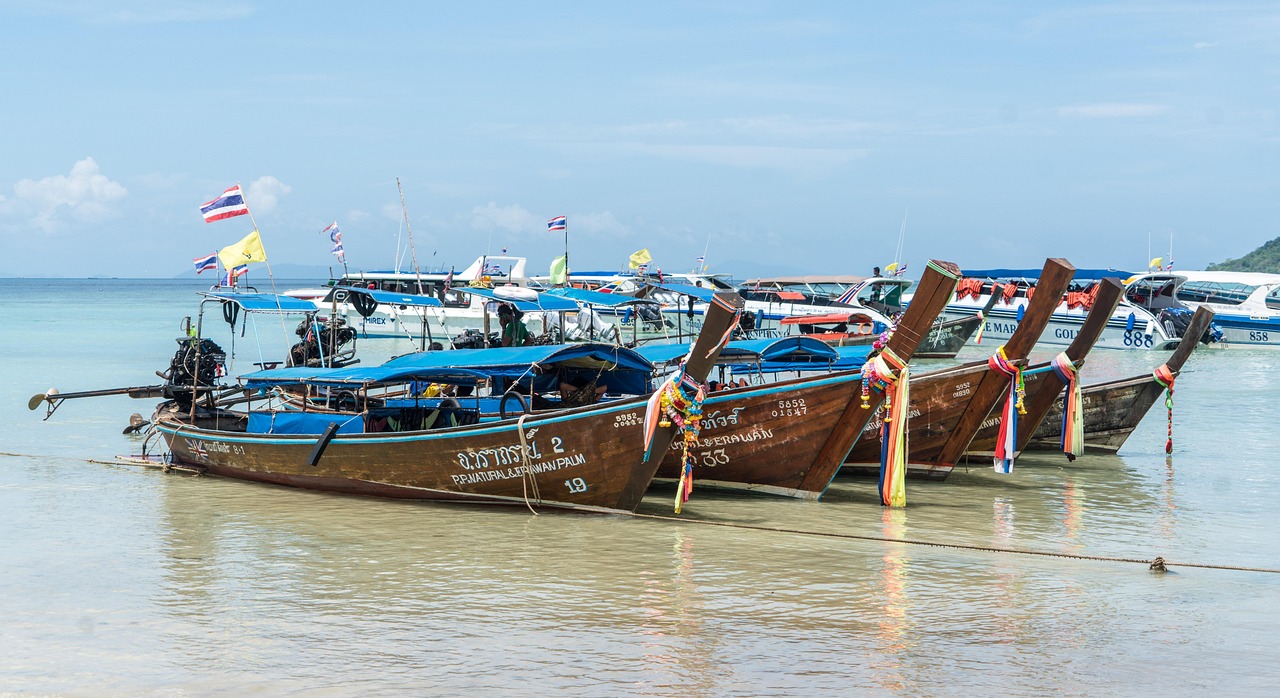Embracing an Eco-Friendly Lifestyle in Phuket
Phuket, a tropical paradise in southern Thailand, is renowned for its stunning beaches, vibrant culture, and lush landscapes. As the island continues to attract visitors from around the world, it is crucial to adopt eco-friendly practices to preserve its natural beauty for generations to come. By making sustainable choices and being mindful of our impact on the environment, we can all contribute to maintaining the ecological balance of this beloved destination.
Reducing Plastic Waste
One of the most significant challenges facing Phuket is the excessive use of single-use plastics. To minimize your environmental impact, consider the following steps:
1. Bring reusable shopping bags when visiting local markets and stores
2. Opt for reusable water bottles instead of purchasing bottled water
3. Say no to plastic straws and utensils when dining out
4. Support businesses that use eco-friendly packaging alternatives

Supporting Sustainable Tourism
As a traveler or resident in Phuket, you can make a positive impact by supporting sustainable tourism initiatives:
- Choose eco-friendly accommodations that prioritize energy efficiency, water conservation, and waste reduction
- Participate in beach cleanups and other community-driven environmental initiatives
- Engage in responsible wildlife tourism by avoiding exploitative practices and supporting ethical tour operators
- Respect local customs and traditions to minimize cultural impact
Conserving Energy and Water
Conserving resources is essential for maintaining Phuket’s ecological balance. Here are some simple ways to reduce your energy and water consumption:
* Turn off lights and electronics when not in use
* Use energy-efficient appliances and LED light bulbs
* Take shorter showers and turn off the tap while brushing your teeth
* Fix leaky faucets and toilets promptly
* Opt for fans instead of air conditioning when possible
Promoting Sustainable Transportation
Phuket’s roads can become congested, leading to increased air pollution and carbon emissions. To mitigate these issues, consider the following eco-friendly transportation options:
1. Rent a bicycle or e-bike to explore the island at a slower pace
2. Use public transportation, such as buses or songthaews, whenever possible
3. Carpool with friends or fellow travelers to reduce the number of vehicles on the road
4. Walk or jog for short distances, not only reducing emissions but also promoting a healthy lifestyle
Supporting Local and Organic Products
By supporting local and organic products, you can help reduce the carbon footprint associated with transportation and promote sustainable agricultural practices:
“When you buy from a small business, an actual person does a little happy dance.” – Unknown
- Shop at local farmers’ markets for fresh, organic produce
- Choose locally made handicrafts and souvenirs to support the local economy
- Dine at restaurants that source ingredients from local farmers and fishermen
- Opt for organic and eco-friendly personal care products to minimize the use of harmful chemicals
Conclusion
Adopting an eco-friendly lifestyle in Phuket is not only beneficial for the environment but also enriches your overall experience on the island. By making conscious choices and supporting sustainable initiatives, you can contribute to preserving the natural beauty and cultural heritage of this tropical paradise. Remember, every small action counts, and together, we can create a more sustainable future for Phuket and the world.
Let us all embrace eco-friendly living and be responsible stewards of this beautiful island we call home.






